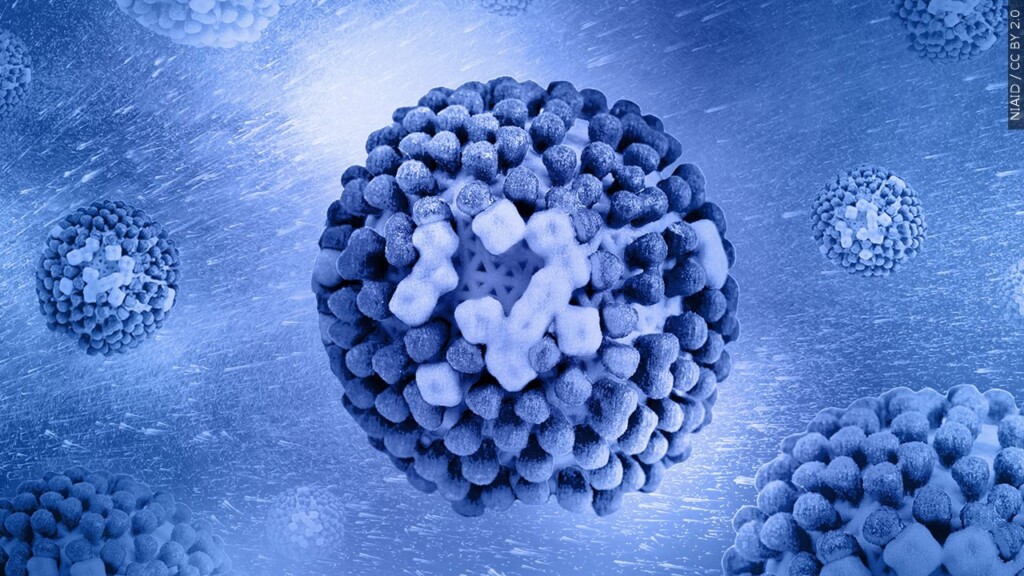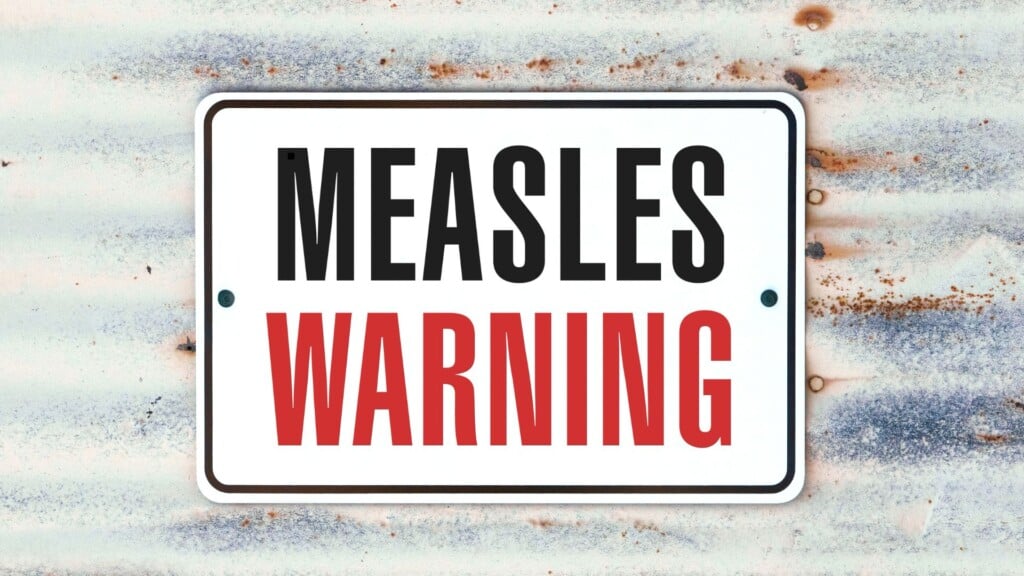Melatonin overdoses spike among children; Lincoln doc says most are intentional
LINCOLN, Neb. (KLKN) – Nationwide, Poison Control has seen a 530% increase in calls about children ingesting melatonin in the last decade, according to the Centers for Disease Control and Prevention.
A local doctor said most of the children who ended up in hospitals because of melatonin overdoes had attempted suicide.
“It wasn’t an accidental overdose, unfortunately,” said Dr. Aaron Robinson, an ear, nose and throat physician with CHI Health.
Robinson attributes this in part to the rise in anxiety and depression in children and teens.
“The numbers of kids who are experiencing anxiety and depression is much higher than it’s ever been.”
Minor side effects include an upset stomach, diarrhea, vomiting and nausea, but taking a large amount will put you in the hospital.
“There is not really an antidote because it is a naturally occurring hormone in our body, and we just have to wait for the side effects to wear off,” Robinson said. “In some of the kids who were bad enough to have to go to the hospital, they were placed on mechanical ventilation, so a breathing tube.”
Whether kids overdose intentionally and unintentionally, it may be because it is easily accessible, Robinson said.
“Typically, when we get prescriptions from the pharmacy, they are put in a child-resistant container that’s difficult to open, and most people would put those medications on a high shelf so they are hard to get to,” he said. “Melatonin comes in a colorful bottle, its easy to open, there are no security features generally, and so kids are much more likely to get into those.”
They also come in candylike forms, which is the main reason for accidental overdoses.
“It looks good, it’s a gummy. Of course, when you’re a kid, you want to eat gummies, or even when you’re an adult,” Robinson said.
And even melatonin supplements that are not gummies still “taste good” because they have sugar in them, Robinson said.
Many parents give their children melatonin to help them sleep if they have attention deficit hyperactive disorder, which is not a bad thing, but Robinson said to be aware of how much you are giving them.
“There has not been a lot of studies on melatonin, at least extraneous melatonin, and what that does to our normal melatonin release and absorption,” he said.



